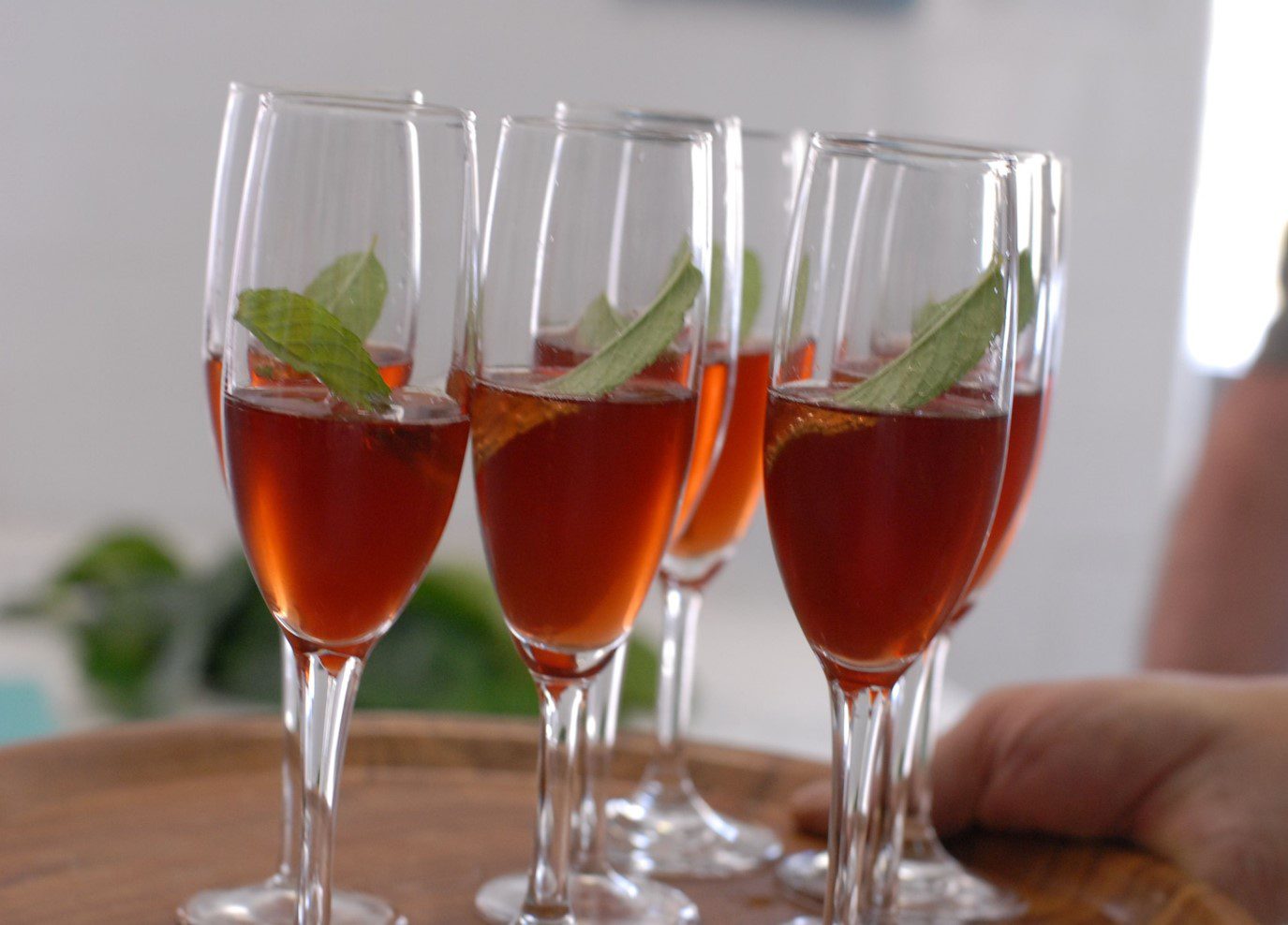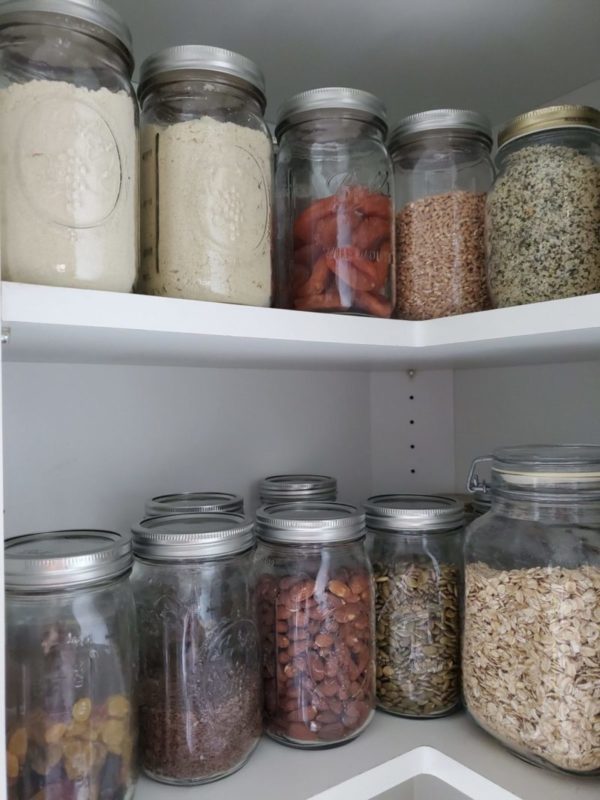

From what I have observed in the past 10 years as a nutritionist advocating more home cooked meals, I’m thinking that spending more time in the kitchen, especially now while staying inside, is not a welcomed change.
And, if it hasn’t happened yet, I’m sure boredom with either more take out or more cooking will soon set in, if it hasn’t happened yet.
But this is a great opportunity to become a better cook, to hone your skills and to make peace with your time in the kitchen – let’s not lose this opportunity!
Don’t be limited by recipes
This may sound strange coming from someone who spends a lot of time in her test kitchen developing recipes. And, I can offer you hundreds of them – both in my book on Amazon or free on my website.
But this blog is not about giving you more recipes. Rather it’s a way of thinking about recipes as a guide only and becoming comfortable with substituting ingredients. Substitutions can always be made based upon what you have on hand at the time of cooking and your own preferences for taste.
For example, if a recipe calls for kale and you don’t like kale, it’s fine to use spinach, romaine or another green leafy vegetable. If a recipe calls for eggplant and you don’t like eggplant, leave it out of the recipe. It will probably turn out just fine. If you or your family do not like spicy foods, leave out the crushed red pepper or vice versa if you prefer spicy foods.
One of the best tricks that chefs have is the use of fresh squeezed lemon as a finish for many recipes. Give it a try on salads, roasted potatoes, even on pasta that’s been tossed with spinach once after it’s drained. You do not need a recipe or amounts to do this – just give it a taste as you go along.
Keep the basics on hand and use what you have when creating meals
There is nothing more frustrating than opening your cupboards and thinking you have nothing to eat. It’s almost as bad as looking into your closet and crying “there is nothing to wear.” But as many ladies know, having that little black dress can save us at least for special occasions. Men know if they have one one good suit and shirt, they have something to wear.
Think of food basics along the same lines. If you have the basics of whole grains, nuts, seeds, a little oatmeal, plus some fruits and vegetables either fresh or frozen, you have ingredients for an unlimited number of meals, especially if your diet is mostly plant based. The perfect whole food plant-based meal consists of a grain and/or bean for protein, vegetables for antioxidants and healthful fats for absorbing nutrients and producing hormones.
Below is a photo I took just today showing the supply of my basic ingredients. Storing them in inexpensive canning jars keeps your ingredients dry, fresh and lets you know what needs replenishing.
Two things I always have on hand are dried apricots and walnuts. My mother usually included these in my lunch for school. Interestingly, it’s those two foods that launched my interest in nutrition. My latest video on my home page tells the story, if interested.
Keep your freezer stocked with store bought organically grown fruits and vegetables and use them as needed. This avoids potential waste of fruits and vegetables going bad plus, you will enjoy having them on hand when cooking. Keeping several types of canned beans on hand makes always available for quick use. The type of beans depends on your taste whether they are garbanzo (chickpea) black beans, pinto, or red for example. There is no end to what you can do with these ingredients, and as mentioned earlier, there are a million recipes available for you to draw from to use while creating.
Last, accept that mistakes will happen
No matter how long (or short) of time you have been cooking you will experience mistakes, things that didn’t turn out well, things you or someone in your family will not like. But that’s OK, really it is. I’ve made many mistakes over the years and I’ve felt badly about throwing away good ingredients that just didn’t come together. Even if you follow a recipe in the greatest of detail, you may not like the taste or the outcome.
I can guarantee you this; if you start with good fresh ingredients, everything will taste better than packaged and processed food. You will begin to want more of the real thing and less of the over processed. Mark Bittman sums it up nicely in his quote. “If it comes from a plant, eat it; if it was made in a plant, don’t!”

For just $5.oo,, you can own a guide to starting your child on the healthiest path possible. This guide includes Infant and toddler recipes based on the world-famous Mediterranean Diet. It includes over 30 recipes and all the information you need to help your child live the healthiest life.